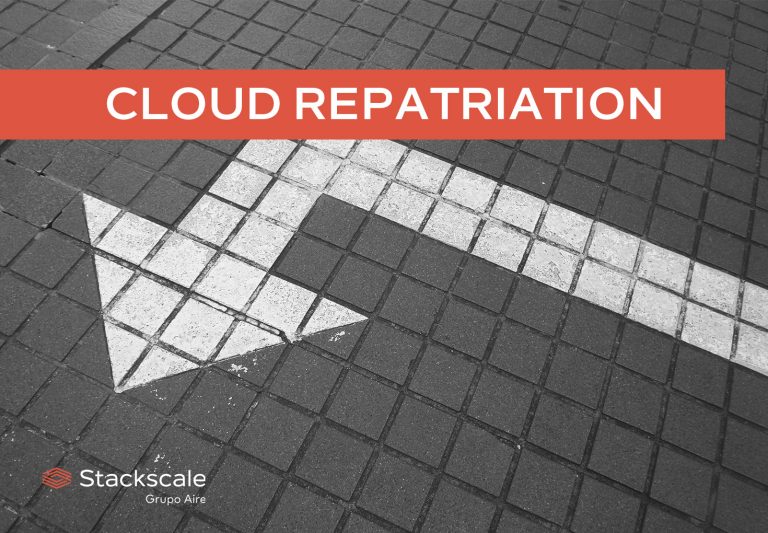
I think it’s fair to say that when Oracle joins a group that promises “free lunch,” it’s someone else’s lunch that Oracle is hoping to eat. How else to explain the Open Enterprise Linux Association (OpenELA)? This trade association formed by Oracle, SUSE, and CIQ declares “freeloaders welcome” as it tries to build a free clone of Red Hat Enterprise Linux (RHEL). None of these companies is in the business of giving away their own products for free, yet they dearly hope you’ll look to them to get free RHEL—and stick around to pay them for their services. As companies that have never successfully competed individually against Red Hat, they can be forgiven for assuming a collective effort will make a difference. It won’t, but hope and industry associations spring eternal.
However, rather than kick OpenELA for being a tired resurrection of UnitedLinux, it’s worth looking deeper into when collective open source efforts do work. Why will OpenELA fail but Kubernetes didn’t? What about OpenTF, an effort to reverse HashiCorp’s decision to change its license for Terraform to the Business Software License (BSL)? The key in each case is to follow the money, especially the cloud money.
Where are the clouds?
For me, the clearest indication that OpenELA will fail is that the initiative couldn’t attract a single significant cloud vendor. SUSE has long made a reasonable business of being the “Avis” to Red Hat’s “Hertz,” developing its own distribution. But Oracle and CIQ? Their Linux businesses are just “we try to give you RHEL…for less!” If I’m an enterprise that is serious about infrastructure, why would I ever want to buy a RHEL clone from a Red Hat competitor rather than Red Hat itself? How would it ever be smart IT policy to bet big on companies that are in a poor position to improve or alter a product that they don’t own?
This is probably one big reason we don’t see any of the clouds jumping on the OpenELA train. Each of them already has compelling Linux distributions that are valuable in their own right for customers, not as pale imitations of RHEL. Given how much of the world is now buying software through the major cloud vendors, this is a clear indicator that OpenELA isn’t going to work.
The same may be true of the signatories to the OpenTF effort. They propose to fork Terraform and create (or join) a foundation, with development that is “truly open source…, community-driven…, [and] impartial.” The idealism is palpable. It’s also wholly impractical. It’s easy to look at Kubernetes or Linux and imagine that it must be easy to tap into the collective genius of developers, but anyone actually involved in the setup and ongoing management of such efforts knows how incredibly hard and messy such things are.
Sure, I’m on the record of saying HashiCorp was within its rights to change its license. But this isn’t about personal opinion; it’s about history. Look at Kubernetes, rightly lauded as a community success. But consider its origin: Kubernetes didn’t start because a bunch of developers were wondering how to spawn a collective effort around container management. Rather, as I wrote in August 2022, Kubernetes was Google’s “long-game strategy of enabling multicloud portability, the perfect approach for a cloud provider trying to make up lost ground against a dominant incumbent (AWS) and a strong second (Microsoft Azure) that boasts a much stronger enterprise position.” Kumbaya, anyone?
Forget the origin story, what about ongoing development? That, too, is driven by a few hegemons, not by a scrappy collective of earnest startups. Google employees have contributed roughly one-third of all Kubernetes code since it was founded. The next biggest corporate contributor, Red Hat, accounts for 12%. In third, VMware generated 8%. After that, everyone else is basically a rounding error. It’s hard to see how OpenTF can thrive without the scale and resources (people) that big companies bring, especially the cloud vendors. Not a single cloud vendor signed up to help OpenTF.
Follow the cloud money
The list goes on. The biggest open source successes—at least those used in the enterprise—tend to have significant corporate backing, though even that doesn’t guarantee success. OpenStack, for example, promised to be an open source alternative to AWS and the clouds at a time when most companies (outside the telcos) didn’t actually want an alternative. They wanted AWS, Microsoft Azure, and Google, not a way to roll their own. OpenStack remains, but it is not a wildly popular project.
OpenStack is mostly still around because Red Hat finds it a useful way to serve some of its customers and contributes accordingly. In like manner, AWS launched OpenSearch as a way to ward off Elastic’s control over Elasticsearch. It has started to have some significant success, but only because AWS continues to plow resources into it.
There is no free lunch in open source. It costs real money to fund developers to contribute to open source projects, and that money increasingly comes from the cloud companies, the biggest contributors to open source by far. So although it’s not a guarantee an industry collective will fail if the cloud vendors aren’t on board, it’s an inauspicious sign. The cloud vendors tend to be pretty focused on customers, and they won’t show up if their customers aren’t asking for an OpenELA or OpenStack or OpenWhatever. That’s not a recipe for open source success.
Next read this:






